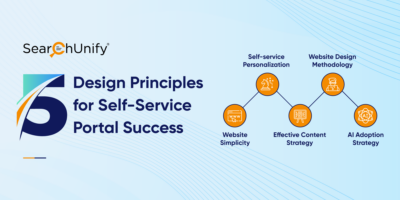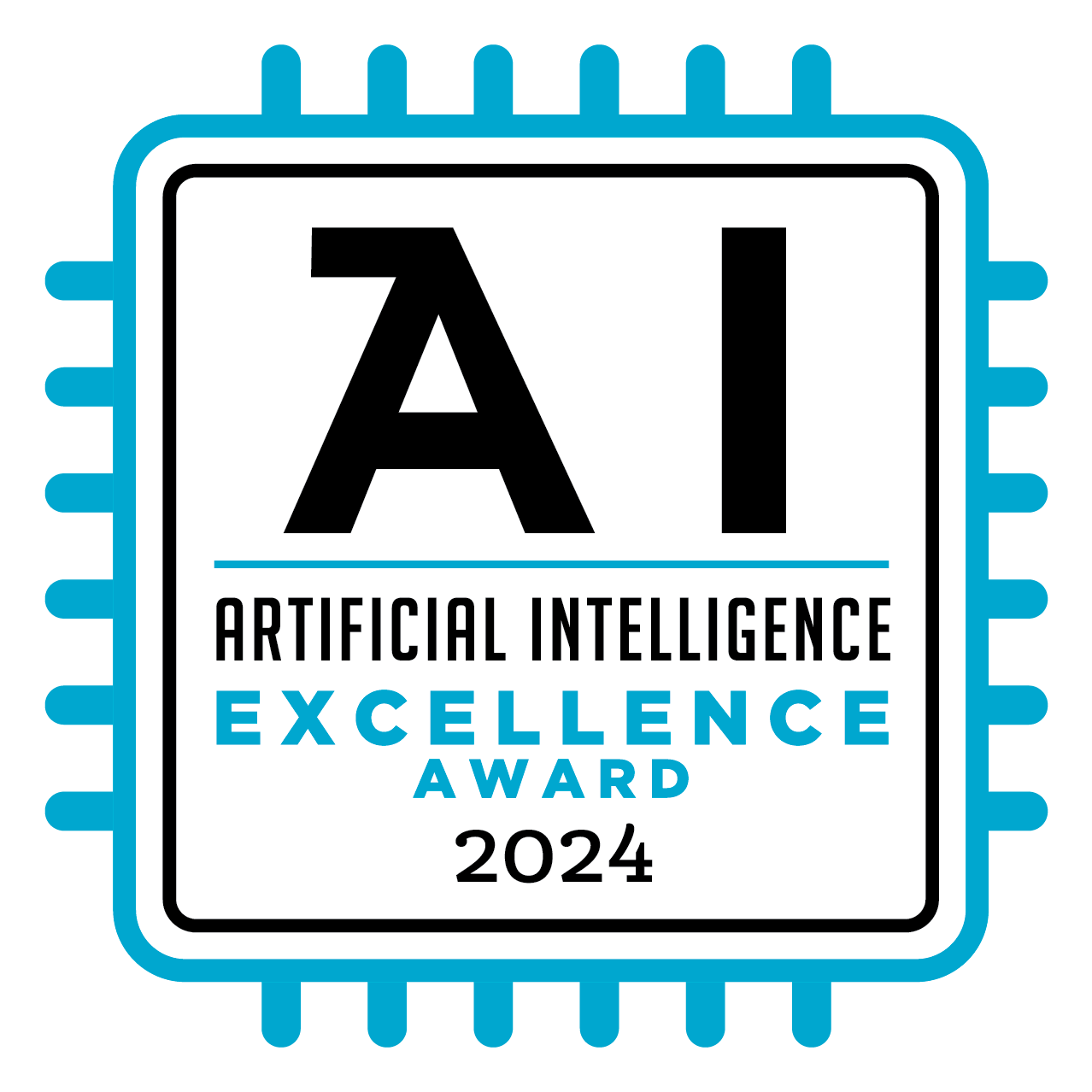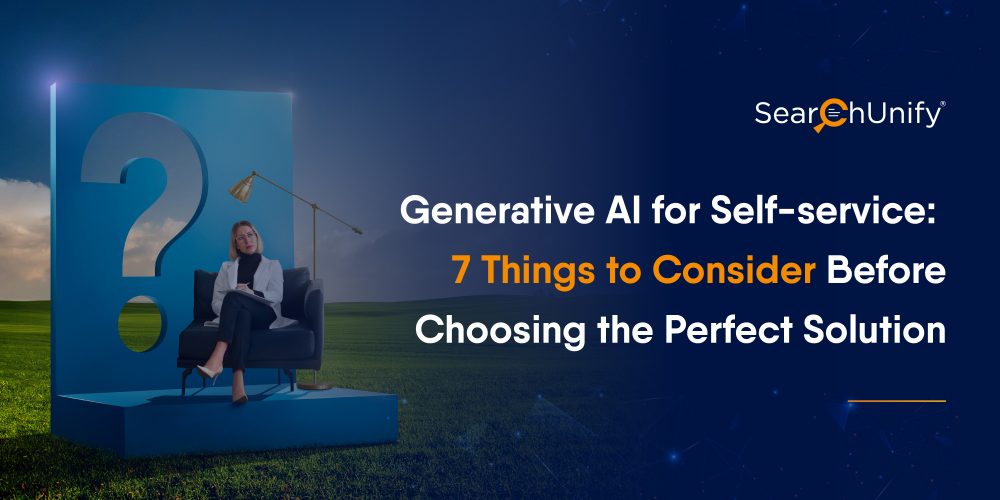
Did you know that the Global Generative AI Market Size reached $7.9 billion in 2021 and is projected to grow significantly to $110.8 billion by 2030?
In today’s fast-paced world, self-service has become a cornerstone of customer experiences across industries. From online shopping to customer support, empowering users to find answers and accomplish tasks independently has proven to be a game-changer. And now, with the advent of generative AI, self-service is entering a new era of innovation and efficiency.
Subsequently, organizations are actively seeking generative AI solutions to elevate their self-service offerings. But with many options available, finding the perfect fit can feel like searching for a needle in a haystack.
In this blog post, we will unravel the mysteries and provide you with the answers you seek that help you unlock the secrets of Generative AI and its transformative impact on self-service experiences.
Question 1: How does Generative AI differ from Traditional AI and what new does it bring to the self-service table?
Generative AI and traditional AI (also known as rule-based AI or expert systems) differ fundamentally in their approach to problem-solving and generating outputs, as explained in the table below.
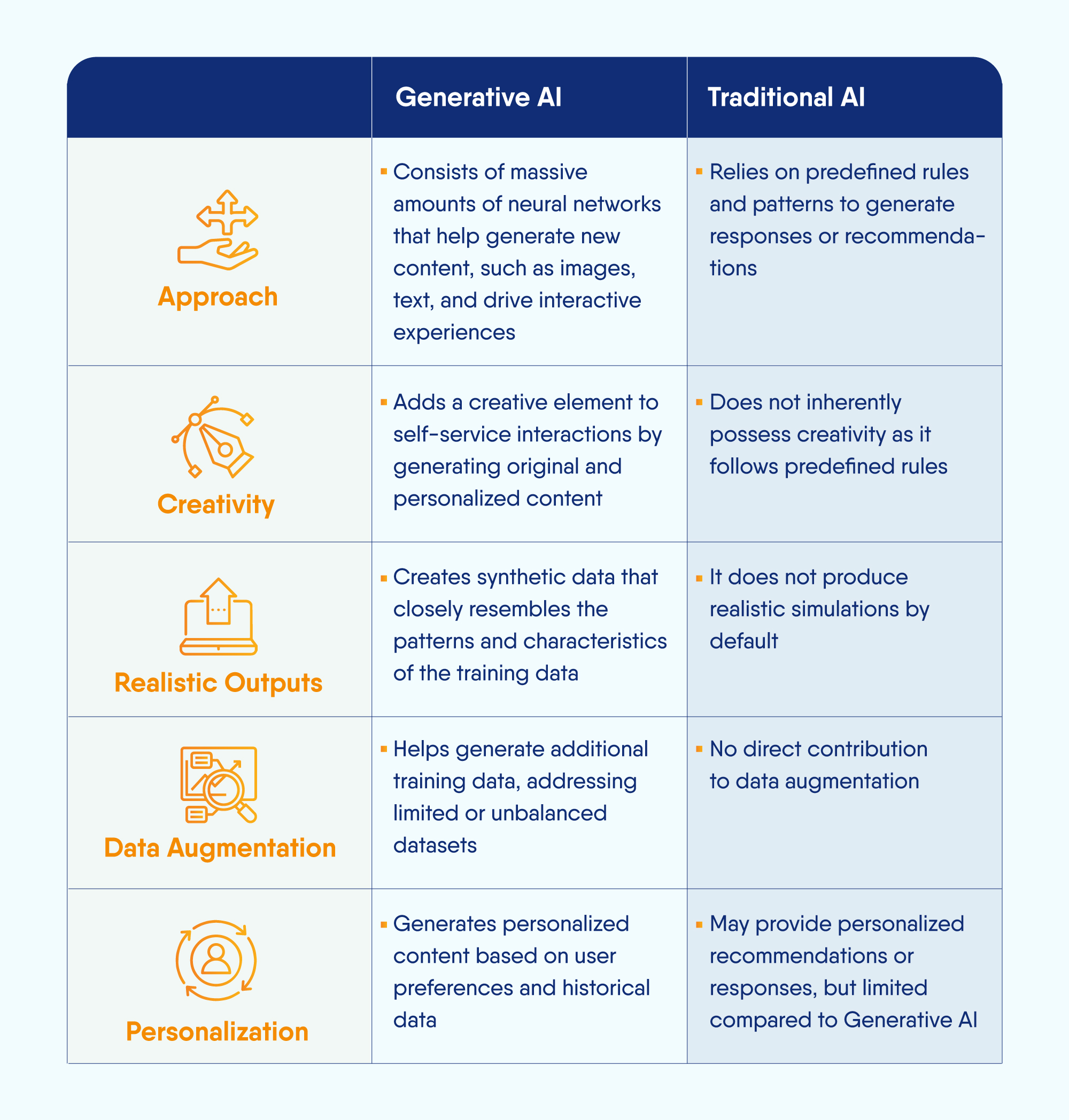
To summarize, Generative AI brings a new level of creativity, realism, and personalization to the self-service table. By harnessing the power of neural networks to generate content, it enables businesses to enhance user experiences, simulate real-world scenarios, and overcome data limitations.
Question 2: How accurate and relevant is the generated content?
Users often struggle to articulate their queries effectively or may lack the necessary understanding of specific terminologies. This poses a major challenge for a traditional model to provide accurate and relevant results.
Sequence generation models like Large Language Models (LLMs) help curb this issue. They excel in establishing connections between ideas. How? They convert user queries into numerical vectors and identify clusters of similar concepts. Even when faced with similar terms, LLMs have the ability to comprehend the semantic meaning behind them, ensuring accurate and precise results.
Question 3: Can it handle complex or technical queries?
AI systems have the potential to address a wide array of complex queries across various domains, including programming, mathematics, engineering, and more. This is particularly important for businesses with intricate patterns that require in-depth knowledge.
When integrating Generative AI into a self-service platform for a software development company, customers might submit queries related to coding problems.
For instance, imagine you are a software developer working on a project, and you need to explain a piece of code to a customer who is not familiar with programming.
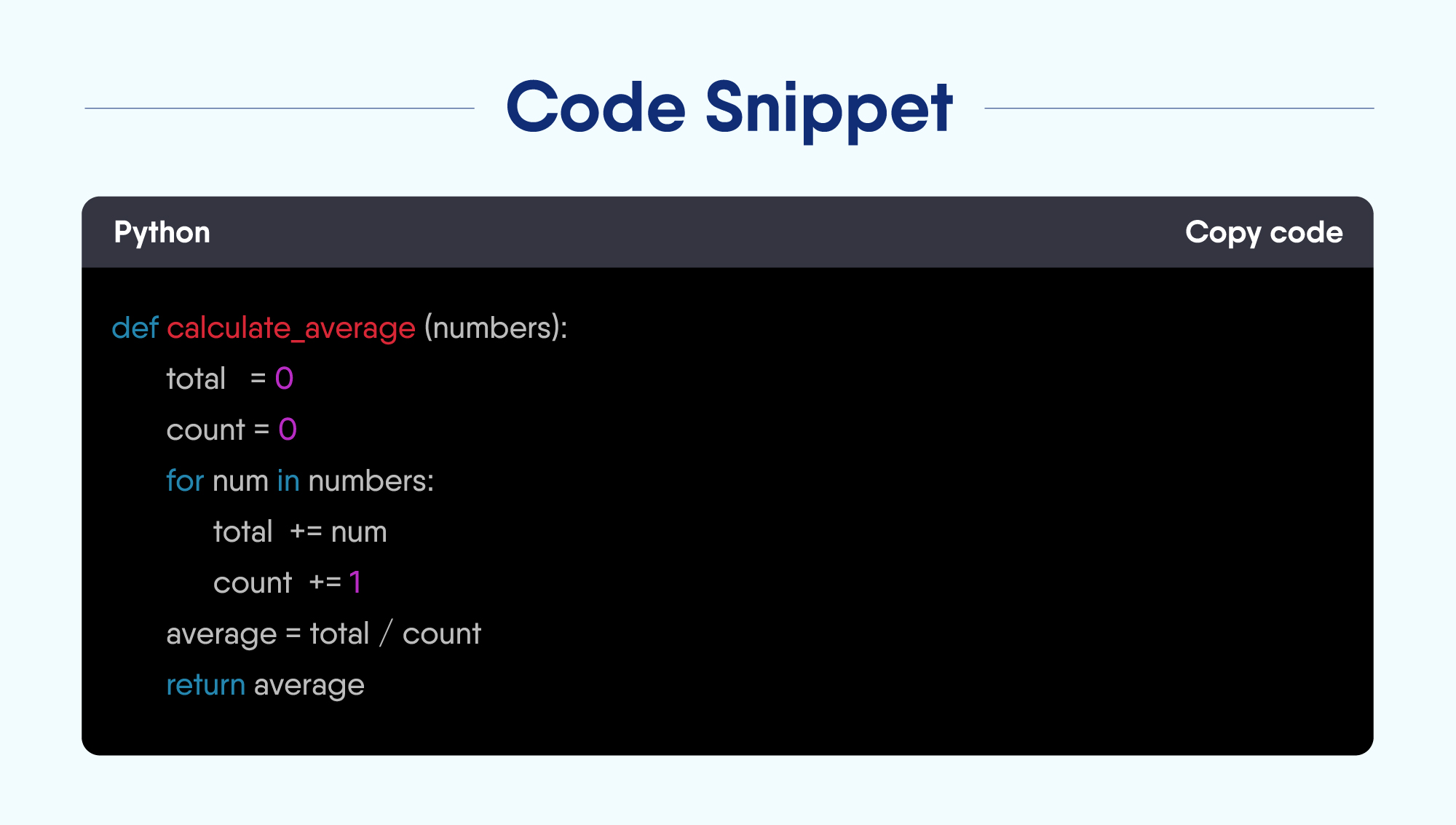

In this example, the code is summarized in a way that avoids technical jargon and provides a clear explanation. This summary can be shared with the customer, allowing them to understand the code’s functionality without needing extensive programming knowledge.
Now coming to the most important part–a ready-to-use product equipped with cutting-edge capabilities and advancements like the autogeneration of article summaries, titles, real-time analytics, and more. You can deploy it on the go to improve your responses and the quality of your knowledge base. It is, therefore, a must-have product in your arsenal.
Question 4: What level of training and support do your employees require to implement the model?
To begin with, investigate whether the AI solution provider has tutorials, guides, or similar material on it to train the employees. Look for resources catering to different levels of training, such as beginner, intermediate, or advanced, to leverage the solution and boost your self-service capabilities.
Additionally, it is important to evaluate the prompt engineering approaches and how well your employees absorb them. These include:
- Zero-shot learning–Zero-shot learning enables language models to perform tasks even if they haven’t received explicit training for those specific tasks.
- Few-shot learning–Few-shot learning technique trains the model to recognize patterns and generalize from limited labeled data.
Question 5: How seamlessly the AI solution integrates with your existing system?
Integration is a key factor when selecting a generative AI solution for self-service. Here’s why it matters and what to consider:
- Knowledge Management System Integration: Ensure the AI solution seamlessly integrates with your knowledge management system. This allows the system to access and utilize your organization’s knowledge base effectively.
- CRM Software Integration: Look for integration with your CRM software to provide personalized responses based on customer data. This enhances the self-service experience and strengthens customer relationships.
- Platform Compatibility: Consider integration with communication tools, ticketing systems, and other relevant platforms. A comprehensive integration ensures a consistent experience for both customers and support agents.
- Assess Disruptions: Evaluate potential compatibility issues or conflicts. Prioritize a smooth integration process without operational disruptions.
- Robust Integration Options: Choose a solution with well-documented APIs (Application Programming Interfaces), SDKs (Software Development Kits), or integration frameworks. This helps developers in easy integration, thus elevating your self-service capabilities and enhancing customer experience.
Question 6: Is it scalable and adaptable to future needs?
As your business grows, your self-service needs may change, and you may require additional features, customization options, or integrations with other systems. An adaptable and scalable generative AI solution allows for easy modifications, upgrades, and expansions, ensuring that it can keep pace with the changing needs. This is particularly true with all the technological advancements going on.
So, select a solution that provides long-term benefits and ensures the continued success of your self-service initiatives much like SearchUnify.
It recently announced the industry’s first LLM integration to enrich support and self-service experiences with a plethora of cutting-edge capabilities. These include conversational AI, headline and abstract generation, machine translation, sentiment analysis, language modeling, and a lot more.
Question 7: What security and data privacy measures are in place?
As you research different solutions, it’s important to inquire about the security measures implemented by each provider. A reliable generative AI solution should prioritize data privacy and employ robust security protocols to safeguard customer data. This is the key to attracting loyal customers and exploring the true potential of your self-service platform.
Don’t worry we have just the right solution aligned for you–an LLM-infused unified cognitive platform that balances the scale with its single-tenant and multi-tenant capabilities. For those requiring higher levels of data isolation and customization, the single-tenant capability provides the necessary control and security. On the other hand, for customers who prioritize cost-efficiency and resource sharing, the multi-tenant capability ensures optimal utilization of resources.
This helps fortify businesses against potential threats and attacks, ensuring the integrity and confidentiality of sensitive information.
Choosing the Best Self-Service Solution for Tomorrow
The potential of generative AI for self-service is limitless. In the coming years, advancements in natural language processing, deep learning, and machine creativity will lead to more sophisticated systems.
This is why it is important to embrace generative AI solution providers like SearchUnify and its products like:
- Knowbler–the world’s first LLM-infused knowledge-centered product that helps create, review, and share knowledge.
- SUVA–the world’s first federated, information retrieval augmented chatbot, delivering unparalleled conversational experiences.
This will help unlock seamless and personalized self-service at every touchpoint.
So, request a demo to learn more!


